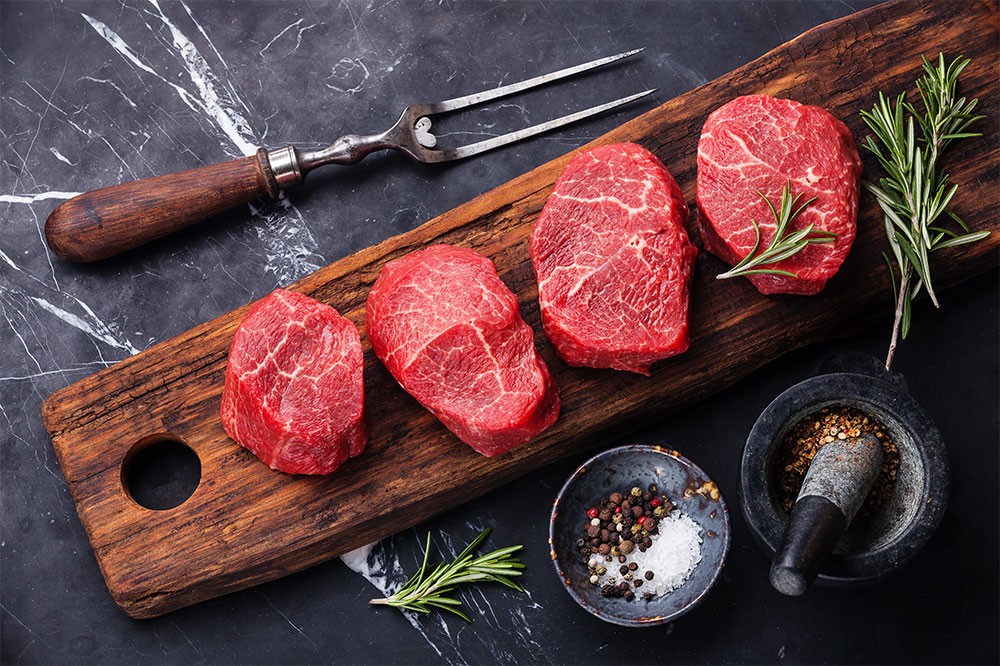Essential Dietary Tips to Alleviate Joint Pain and Promote Joint Health
Learn how dietary choices influence joint health and discover which foods to limit or avoid to reduce inflammation and manage joint pain. This comprehensive guide provides practical tips for improving joint comfort through nutrition, supporting long-term mobility and overall well-being.

Key Foods to Avoid for Enhanced Joint Comfort and Health
Joint health is a vital aspect of overall well-being, especially as we age. Conditions like osteoarthritis, commonly referred to as "wear and tear" arthritis, are widespread and can significantly impact daily life. Characterized by the gradual deterioration of joint cartilage, osteoarthritis often results in persistent pain, stiffness, and swelling. In fact, estimates indicate that roughly one-third of adults experience some form of joint discomfort, predominately affecting the knees, shoulders, and hips. While medical interventions such as medications and physiotherapy can provide relief, adopting a strategic dietary approach is equally crucial for managing symptoms and maintaining healthy joints.
This comprehensive guide explores the foods that tend to exacerbate joint pain and inflammation, outlining which dietary choices to limit or avoid entirely to promote better joint function and comfort. Making informed adjustments to your diet can significantly reduce inflammation, support cartilage health, and enhance overall mobility.
Understanding the Impact of Diet on Joint Health
Diet plays a pivotal role in either promoting or hindering joint health. Certain foods contain compounds that trigger inflammatory responses within the body, leading to increased pain, swelling, and stiffness. Conversely, incorporating anti-inflammatory foods can help mitigate these symptoms and improve joint resilience. Recognizing the foods that worsen joint conditions allows individuals to make smarter choices that support long-term joint integrity and decreasing discomfort.
Foods to Limit or Avoid for Better Joint Comfort
1. Processed Sugars and Refined Carbohydrates
High intake of processed sugars, commonly found in sweets, candies, baked goods, and sugary beverages, fosters systemic inflammation. Excess sugars trigger the release of inflammatory cytokines, worsening joint pain and stiffness. Limiting consumption of refined carbohydrates like white bread, pastries, and soda helps control inflammation levels and stabilizes blood sugar, contributing to better joint health and overall vitality.
2. Deep-Fried and Fast Foods
Fried foods such as French fries, fried chicken, and snack chips contain excessive unhealthy fats, especially trans fats and saturated fats. These fats promote inflammation within the body and contribute to weight gain — both factors that put additional strain on weight-bearing joints like hips and knees. Alternatively, oven-roasted or baked options can deliver similar flavors with fewer health risks, helping maintain a healthy inflammatory response.
3. Alcohol Consumption
Alcohol, especially in excess, can elevate inflammation markers and increase the risk of arthritis flare-ups. It also tends to promote dehydration and may lead to nutritional deficiencies vital for joint tissue repair, such as vitamin C and calcium. For those seeking to preserve joint health, moderation is key. Choosing lower-calorie spirits like wine or spirits over beer and consuming alcohol in moderation can reduce its negative impact on joints.
4. Dairy Products
While dairy foods like milk, cheese, and butter are rich sources of calcium and essential nutrients, some individuals find that dairy can promote inflammation and joint discomfort. If dairy appears to aggravate symptoms, substituting with plant-based alternatives such as almond milk, coconut yogurt, or fortified oat drinks can provide essential nutrients without inflammation triggers. These options are also versatile for cooking and baking.
5. Salty Snacks and Processed Foods
High salt intake is linked to increased inflammation and water retention, leading to swelling and joint pain. Processed snacks like chips, pretzels, and salted nuts may be tempting but contribute to inflammation and hypertension. Healthier snack options include unsalted nuts, roasted chickpeas, fresh fruits, or vegetables, which support hydration and reduce inflammation.
Additional Tips for Supporting Joint Health Through Diet
Beyond avoiding certain foods, incorporating anti-inflammatory foods can significantly contribute to joint comfort. Foods rich in omega-3 fatty acids, such as fatty fish (salmon, mackerel, sardines), flaxseeds, and walnuts, are known to suppress inflammatory processes. Incorporating colorful fruits and vegetables like berries, spinach, kale, and sweet potatoes supplies antioxidants that combat oxidative stress in joints. Whole grains such as oats, brown rice, and quinoa provide fiber that supports gut health and reduces systemic inflammation.
Maintaining a balanced diet combined with regular physical activity, weight management, and adequate hydration fosters a healthy environment for joint tissues and promotes mobility. Additionally, consult a healthcare professional to develop a personalized plan, especially if dealing with chronic pain or underlying joint conditions. Early intervention and smart dietary choices can make a significant difference in preserving joint function and improving quality of life.





